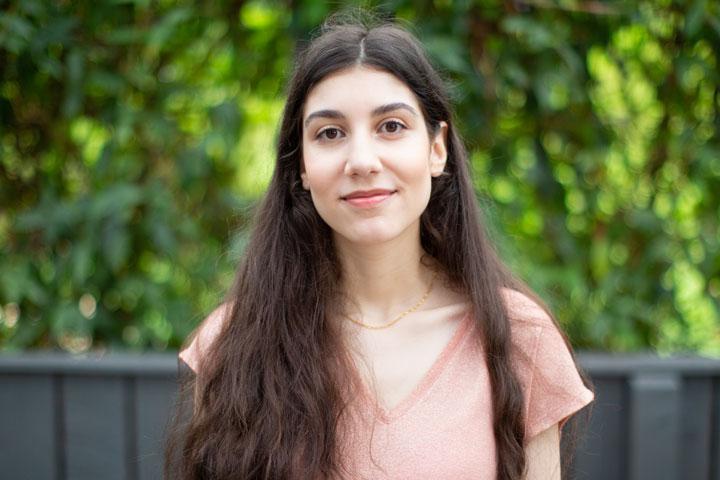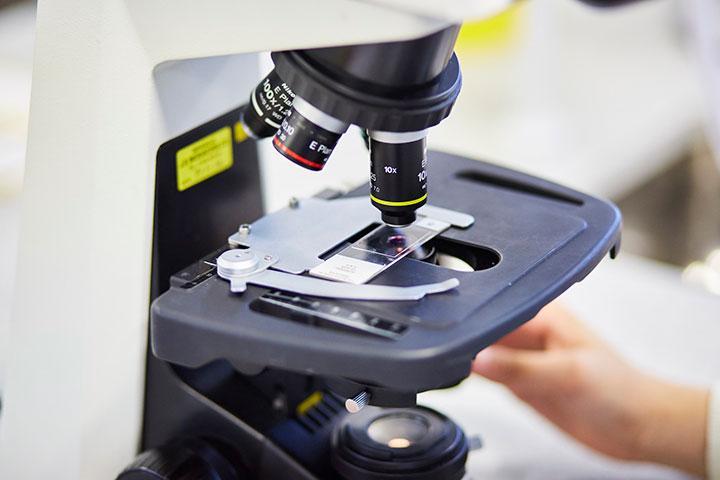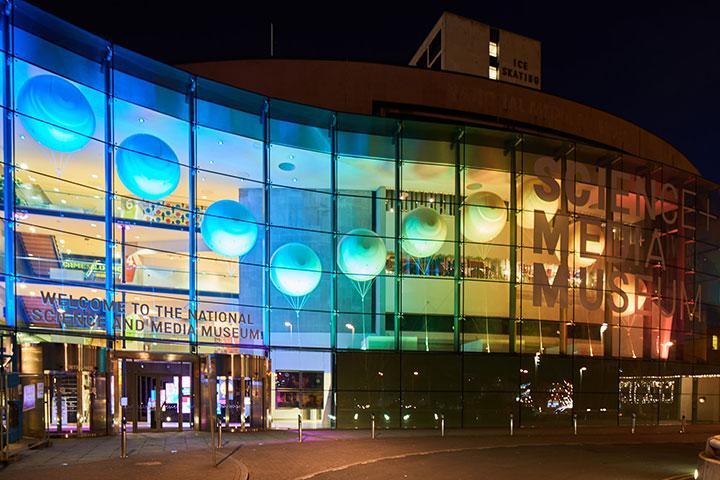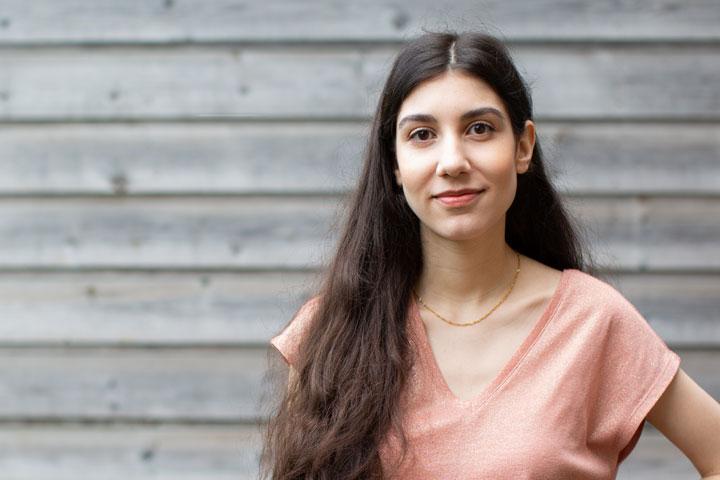
Diana
MSc Physiology and Molecular Biology
After completing her undergraduate degree in Portugal, Diana made the journey to Bradford to study a Master's in Physiology and Molecular Biology.
This is her story…
The benefits of a Master's
“My Master's has made me grow as a person.”
“I decided to do a Master's as I would like to work in research, and I think doing one gives you a good insight into what working in the field is like.
“A Master's also gives you the opportunity to really test that you enjoy what you’re studying, and completing mine has made me realise that I do want to continue researching in my field."

I feel like I’ve grown a lot since I started my Master’s. I’m so much more confident now, and I have gained the skills and knowledge I need to enable me to take my next step.
Overcoming challenges
“There’s a lot of work to do, but it is rewarding.”
“I found it difficult getting used to the amount of work that you have to do for a Master's.
“In Portugal, you study them over a two-year period, but in the UK it is done in one year, so it’s quite intense.
“Having so much work to complete in such a short space of time can be daunting at first, but if you get organised, you can fit everything in.
"You need to plan ahead to ensure you complete everything on time, and when you do, it is such a rewarding feeling."
Although it is hard work, the feeling of achievement you get when you complete and hand in your work makes it worth it.
Settling in
“I got to know the city before I started studying.”
“Coming to Bradford was my first time in the UK, and I was a little nervous. I came to the UK two weeks before I started my course, so that I could settle in and get to know the city.
“I was very lucky - my boyfriend was already living in the city, so I had someone to provide support and show me around. The University also worked really hard to help me settle in.
“The Covid pandemic was in full swing when I started, so it was harder to meet people than usual.
"My professors put everyone on the course in touch via Whatsapp, so we were able to chat and support one another on that.”
The application process was really easy, and the University staff were all very helpful. Every time I emailed them with a question, I received an informative answer quickly.
Labs and facilities
"The laboratory at Bradford is modern and well-equipped, which gives you a good feel for what it is like to work in a real-world research lab.
“My main research project was on circadian rhythms in naked mole rats, and one of the brilliant things about Bradford is that it has its own colony of them.
"They are a really interesting animal to study, and it has been fantastic to be able to observe a full colony as part of my research.”

The technical staff are always on hand if you need anything, and they are always really helpful and friendly.
Preparing for the future
“The University gives you the tools you need to pursue your career.”
“One of my modules involved a series of seminars where people who work in research and science would come to speak to us about their careers.
“Hearing real stories from people working in the same industry that I want to go into helped me understand how things work, and all the different career options available to me.
“Most of my modules have been assessed through essays, so since studying here, my teachers have worked with me to help improve my writing skills.
“A huge part of being a researcher involves scientific writing and writing up research papers, and I feel like my Master's has given me the knowledge and skills to do that.”
Improving my writing skills has boosted my confidence and improved my future career prospects.
Bradford life
“Bradford is a really great city to study."
“Culturally, there is always a lot of very cool things going on, and there are so many fantastic restaurants.
“It’s also very close to lots of very beautiful places, like the Yorkshire Dales.
"The Café Scientific events at the National Science and Media Museum in Bradford are also a must for science and research students. Leading experts go along to speak about the latest breakthroughs in science, and you get to the opportunity to ask them questions and meet other people working in scientific fields.”

The cost of living in Bradford is low, which is perfect for students.
What's next?
“I’d like to do a PhD.”
“I really like what I studied in my Master's, so I’m hoping to go on to do a PhD in something neurobiology-related next.
“My course has really confirmed to me that I want to work in research, but I’d like to stay in academia for a few more years to further develop my knowledge and research skills.”

Interested in MSc Physiology and Molecular Biology?
Find out more and apply:
